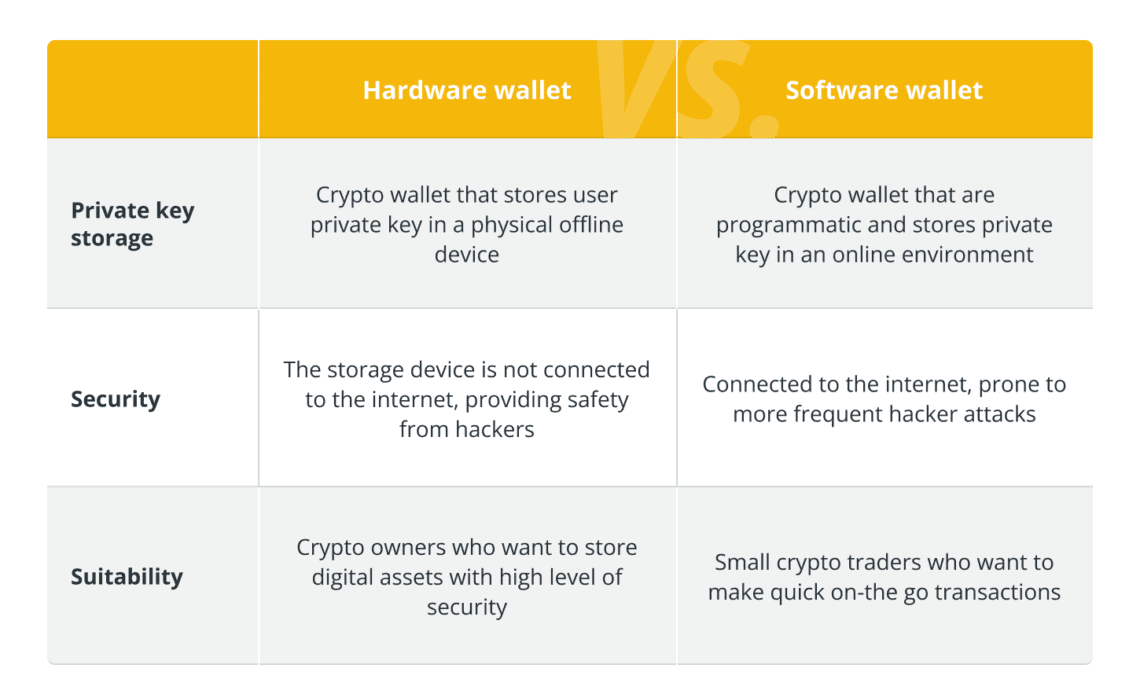In the world of digital assets, private keys act as the ultimate gatekeepers, granting access to your valuable cryptocurrencies and sensitive information. Safely storing your private keys is paramount to ensuring the security of your digital assets. This article will explore seven methods for storing private keys safely.
Hardware wallets
Hardware wallets are physical devices specifically designed to store private keys securely offline. Examples include Ledger Nano S, Ledger Nano X and Trezor. These devices are immune to online attacks and malware, offering a robust layer of security.
Paper wallets
A paper wallet involves printing one’s private key on a physical piece of paper and keeping it in a safe location. Websites like bitaddress.org can help users generate paper wallets. However, ensure that the paper and ink are of high quality to prevent degradation over time.
Encrypted USB drives
Users can encrypt a USB drive using strong encryption software, such as VeraCrypt, and then store their private key file on it. Keep the encrypted USB drive in a secure physical location or a safe deposit box.
Related: How to protect your identity online
Cold storage
Cold storage involves keeping your private keys completely offline, disconnected from the internet. This can be achieved by creating an air-gapped computer or using a dedicated offline device for key storage.
Cryptocurrency vaults
Some exchanges and platforms offer cryptocurrency vault services, such as Coinbase Custody, where private keys are stored in highly secure, monitored environments. However, it is important to be aware of the principle “not your keys, not your crypto.”
While vault services can enhance security, they introduce an element of trust by allowing a third party to hold your keys. In the event of an exchange compromise or regulatory action, your access to funds could be limited. It’s essential to weigh the benefits of added security against the potential risks and to consider diversifying your storage methods to maintain control over your digital assets.
Password managers
Modern password managers, such as LastPass and Dashlane, offer secure storage for not only passwords but also private keys. Make sure to choose a reputable and highly secure password manager.
Related: How to use a VPN for online security and privacy
Splitting the key
This method involves dividing one’s private key into multiple parts and distributing them in different secure locations. An example of this is Shamir’s…
Click Here to Read the Full Original Article at Cointelegraph.com News…
























